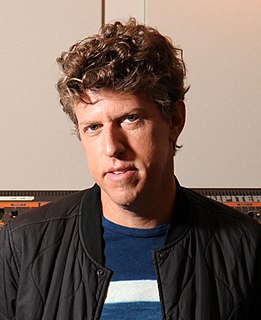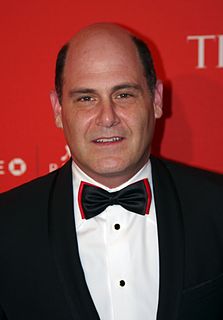A Quote by Dave Barry
If for some reason you are unsure where to go, all you have to do is stand there looking lost, and within seconds a helpful New Yorker will approach to see if you have any "spare" change.
Related Quotes
Theres another reason for working inside the system. Dostoevsky said that taking a new step is what people fear most. Any revolutionary change must be preceded by a passive, affirmative, non-challenging attitude toward change among the mass of our people. They must feel so frustrated, so defeated, so lost, so futureless in the prevailing system that they are willing to let go of the past and change the future. This acceptance is the reformation essential to any revolution.
For most visitors to Manhattan, both foreign and domestic, New York is the Shrine of the Good Time. "I don't see how you stand it," they often say to the native New Yorker who has been sitting up past his bedtime for a week in an attempt to tire his guest out. "It's all right for a week or so, but give me the little old home town when it comes to living." And, under his breath, the New Yorker endorses the transfer and wonders himself how he stands it.
The weirdest thing with friends, the way you measure it is if you go without communicating for months at a time, you can sit down and within five seconds be right where you were. I know it's a cliché, but quality not quantity, and that bond will not disintegrate. It does need to be tended to but it won't go away. It's amazing, though - I'm here in New York where my best friend from college lives, and we see each other twice a year and we're right where we were and a lot of it's unspoken.
If any person wants to see clearly just how much she has changed - whether for better or worse - let her revisit after some lapse of time any place where she has ones lived. She will meet her former self at every turn, with every familiar face, in every old recollection ... She will see how much she has gained in some respects, how much she has lost - irretrievably lost - in others.
Another example of what I have to put up with from him. But there was a time I was mad at all my straight friends when AIDS was at its worst. I particularly hated the New Yorker, where Calvin [Trillin] has published so much of his work. The New Yorker was the worst because they barely ever wrote about AIDS. I used to take out on Calvin my real hatred for the New Yorker.

































